MOBEQ
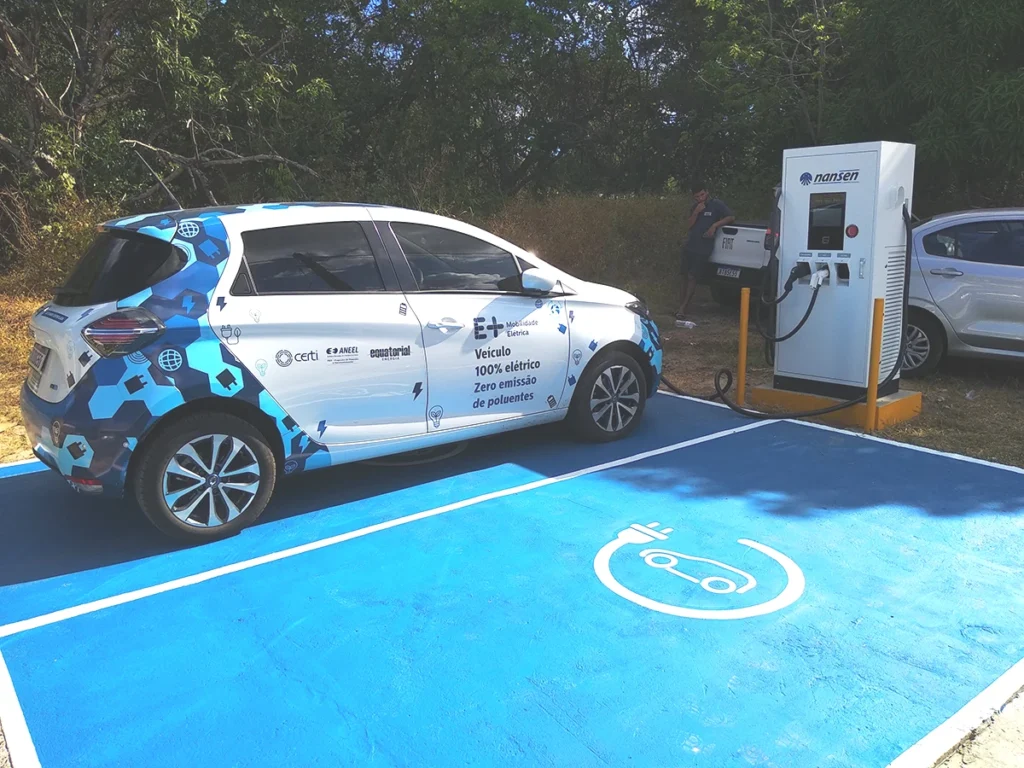
The aim of the project to prepare and introduce Equatorial Energia to the electric mobility market is to carry out a series of studies, technical and business modeling, development of software and supervision and operation interfaces, proposals for regulatory contributions and also a pilot implementation with electric vehicles and recharging systems. Partial replacement of the field service fleet with electric vehicles and analysis of the results.
Automatic image classification for vegetation management under power grids
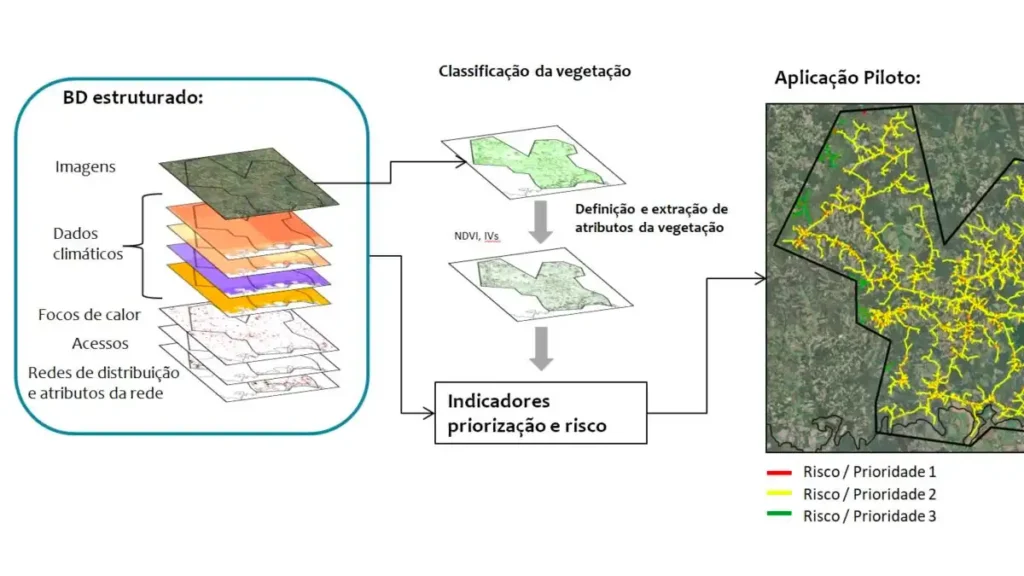
The project’s main challenges are related to the acquisition and processing of images acquired by nano-satellites, an emerging technology for collecting remote sensing images that still has no well-defined processing protocols and few references in the literature.
Urban Futurability

To financially analyze the technological initiatives developed in the Urban Futurability Project in order to assist future investments in improvements to Enel São Paulo’s electricity distribution network. Financial projections were developed using the cost-benefit analysis (CBA) methodology, generating scenarios for better decision-making.
Remote sensing monitoring
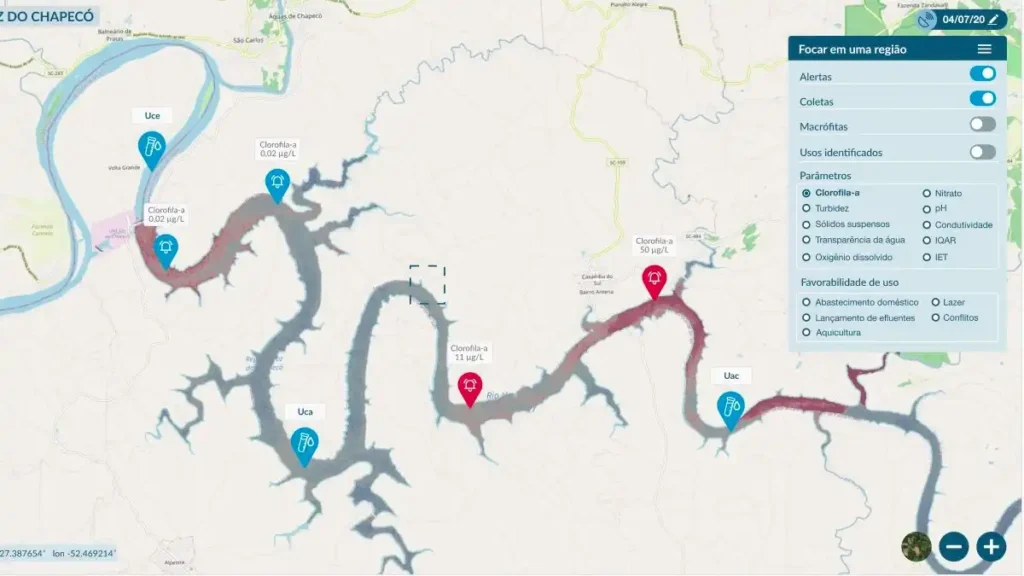
The project involves not only the development of the system, but also the collection of data and all the necessary steps to adjust and validate specific models for the Foz do Chapecó reservoir. With regard to the customization of models for the reservoir, one of the main challenges is obtaining the in situ data needed to adjust and validate the models, which must be concurrent with the satellite passes and follow an acquisition protocol aimed at data quality.
Model Plan for PES Feasibility

Payment for Environmental Services (PES) programs have become increasingly important as an incentive mechanism for conserving biodiversity and maintaining the provision of ecosystem services. Since 2012, with the Forest Code Law, PES has become one of the incentive mechanisms provided for the conservation of forest remnants on private properties, although one of the main challenges for its implementation in Brazil is long-term financial sustainability.
Equatorial Mobility

The aim of the project to prepare and introduce Equatorial Energia to the electric mobility market is to carry out a series of studies, technical and business modeling, development of software and supervision and operation interfaces, proposals for regulatory contributions and also a pilot implementation with electric vehicles and recharging systems. Partial replacement of the field service fleet with electric vehicles and analysis of the results.
EFIC_Roadmap 4.0

Soprano Materiais Elétricos (SME) was looking to improve its manufacturing and industrial automation processes to meet growing market demand and stand out in the Industry 4.0 era. The challenge was to identify opportunities for improvement and innovation in its plant, create a technological roadmap for 4.0 technology applications and develop a proof of concept (PoC).
Gemeoss
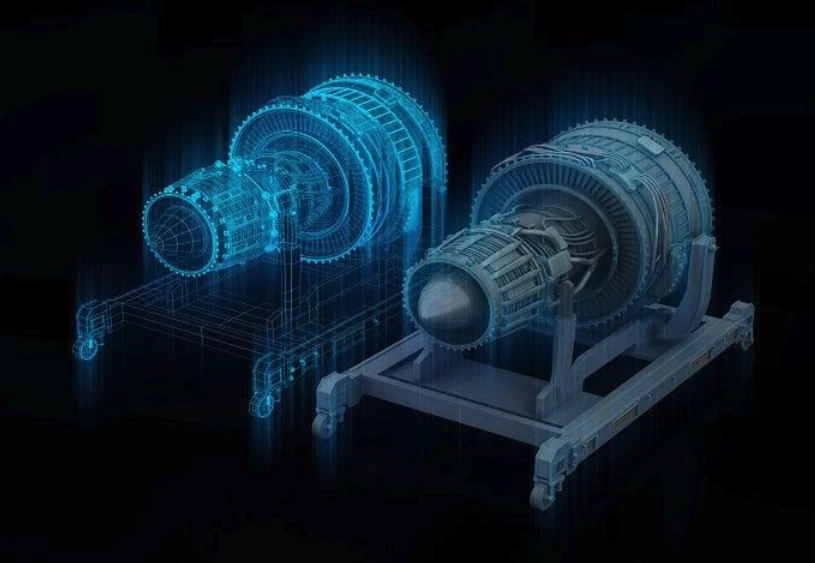
Petrobras was looking for a more efficient and precise way of monitoring and managing the condition of its subsea equipment, such as pipelines and production equipment, which would assess risks strategically and reduce operating costs.
TermoDrone
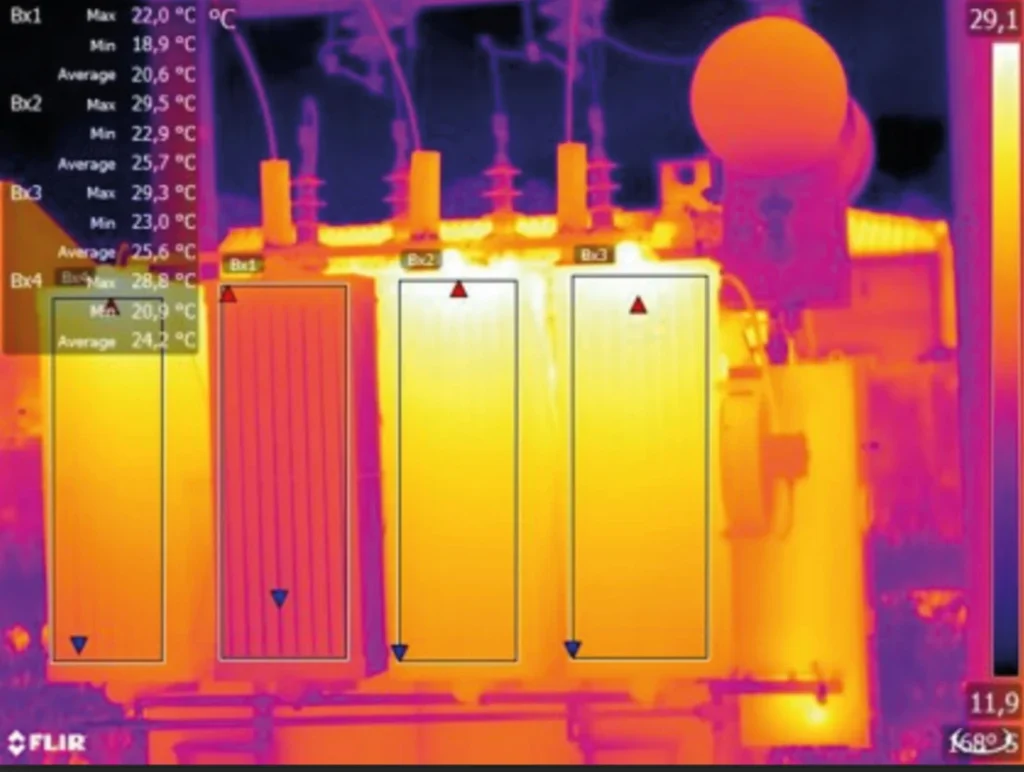
Developing and testing computer vision solutions for monitoring electrical substations. The project had two lines of work. The first line generated prototypes of intelligent cameras to carry out thermographic inspections of equipment and detect intruders in specific locations. The second line explored the use of UAVs (Unmanned Aerial Vehicles) with adaptive trajectories, controlled by the processing of thermographic images captured by on-board cameras.
JIGA Sfigmo
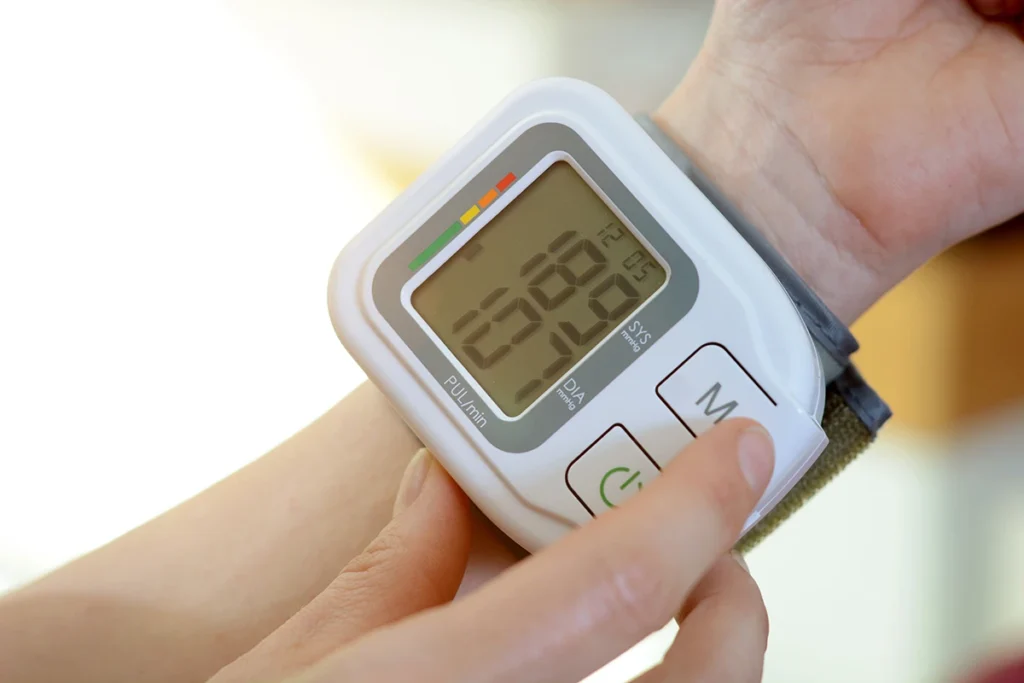
Automating the testing of digital sphygmomanometers with strict metrological reliability requirements. After rigorous testing and evaluation, the system was audited by Inmetro and approved
